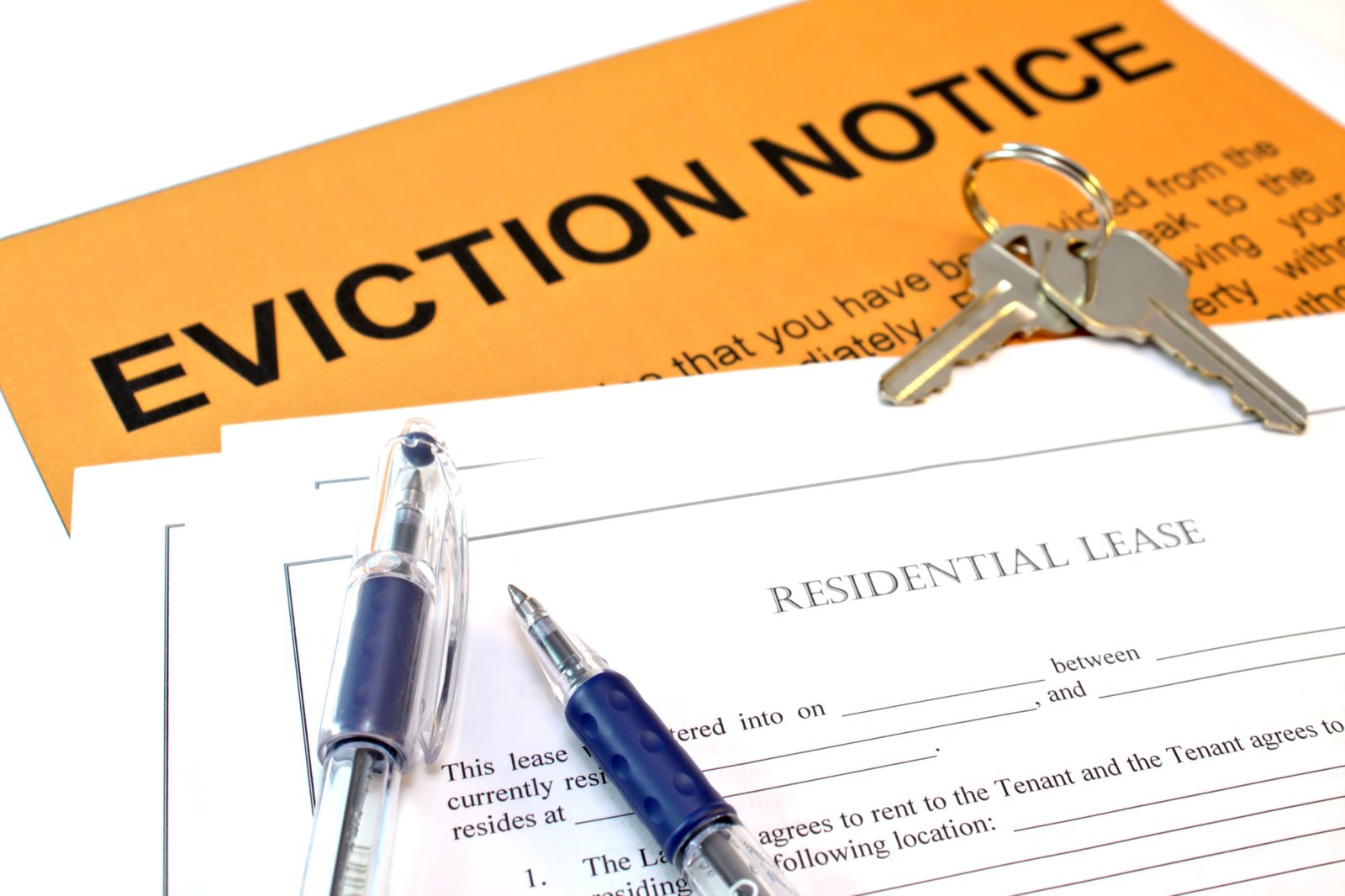
01 Apr Landlords: Judgments, Writs, and the Eviction Process
Removing a tenant from your home can feel overwhelming. Many landlords feel that New Jersey Eviction laws favor the tenant, and they often hesitate to initiate eviction.
But with over 83 million American households receiving eviction notices in 2016 alone, it’s clear that eviction is not such a rare occurrence. Read on to find out more about your rights as a landlord when it comes to the eviction process.
What is the Eviction Process?
The eviction process occurs when a landlord initiates the removal of a tenant from their home or residential building.
It often happens after a tenant has failed to pay rent. But there can be a number of causes for eviction.
A landlord may just ask a tenant to leave, but if the tenant doesn’t want to, legal proceedings that often include court time is the next step.
Once you start a legal proceeding, the law requires that both parties have their say. First, you have to send an eviction notice to the tenant to request they vacate the premise. The eviction notice is the first notice and advises the tenant that eviction proceedings have begun.
Causes for Eviction
If there is a non-payment of rent issue in New Jersey, no notice is required unless the tenant’s rent is federally subsidized. If the tenant’s rent is federally subsidized, you must give 14 day’s notice.
In the event of a non-payment issue, removing your tenant from the building will be easier than if there are other lease or contract violations.
If there are other lease or contract violations in New Jersey, you must undergo the 3-Day to 3-Year notice process.
In this case, you must first file a notice to cease with the tenant, formally asking them to stop doing what they are doing. They may be violating a lease contract, acting disorderly, or habitually late on rent.
If they do not stop, you continue with the eviction administration legally. At that point, a verified complaint is filed with the court and this becomes an official legal matter.
It is possible to do this without a lawyer, and many do. If you do, make sure you know landlord and tenant law before you begin.
But if you have a complex tenant that is unwilling to meet their responsibilities, the process can drag on. It might help to consult an eviction attorney.
After a notice of complaint, you’ll also have to file writs of possession, negotiate terms, and ask the court to get your money back.
What are Writs in Evictions?
A writ is essentially a court order that enables a court or other enforcement body, such as the police, to execute a command. In the administration of eviction, it is the writ or order that enables a sheriff or other enforcement agency to arrive at a home and formally remove the residents.
A writ of possession is a formal court order that allows law enforcement to evict tenants from a property after a foreclosure. This usually occurs when a homeowner has failed to pay the mortgage, and the homeowner is formally evicted.
A writ of restitution would be another form of a writ used in evictions. This is the most common form of writ in the case of landlord and tenant evictions.
This is a document or court order that would authorize an enforcement agency to schedule the eviction.
After a writ is filed with the clerk’s office of the court, it will be sent to the enforcement agency to execute the eviction. This is usually the U.S. Marshal’s Service or the local sheriff’s office.
Debt Collection
When it comes to eviction, getting rid of the tenant may be enough. But if they still owe you money, that can be a problem for you, and just getting rid of them may only be half the battle.
You can go back to court and ask a judge to create an order that is a money judgment against them. This will mean that their income can be garnished to get your money back.
In some cases, some forms of income may not be garnished. The government will not garnish funds from some forms of income such as Social Security or other forms of income that are distributed from federal funds.
But that doesn’t mean you won’t get your money back. It just means it may take longer, and more court time.
Work With Experience
When it comes to evictions, they are not such a rare occurrence in New Jersey. In 2016, over 161,000 evictions occurred in the state.
If you are in a situation that will send your rental home into that statistic, know you are not alone.
And you don’t have to do it alone.
Depending on the cause of the eviction, the process in New Jersey can take anywhere from 6 weeks to 6 months. You can do this through self-representation, but any mistake you make during the legal eviction administration will cost you time and money.
Breathe easier throughout the eviction process when you consult an eviction attorney that offers experience when it matters most.




Sorry, the comment form is closed at this time.